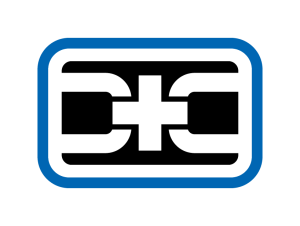Web scraping has become an increasingly popular method for businesses and researchers to extract data or information from websites. This process involves using specialized software tools to automate the extraction of relevant data, including text, images, videos, links, and other types of content.
However, it’s important to note that web scraping can be a sensitive issue and can raise ethical and legal concerns. Website owners may block or restrict scraping activities, and some countries have laws or regulations that govern the practice of web scraping. Moreover, scraping copyrighted material is illegal under the Digital Millennium Copyright Act (DMCA). This means that scraping content that is protected by copyright, such as images, text, and videos, without permission may result in legal action.
Web Scraping on Web Performance and Research
Web scraping is also used to gather data on website performance, such as load times or error rates. By monitoring these metrics on competitor websites, developers can identify areas for improvement on their own website and make changes to improve user experience and overall performance.
Researchers also use web scraping to gather data for academic research or scientific studies. By scraping data from a variety of sources, researchers can gather relevant information on a particular subject, including sentiment analysis of social media posts, or analysis of the language used in online reviews.

Remember:
Developers should only scrape data from websites that allow it, or with the permission of the website owner. Unethical scraping can lead to legal issues and damage the reputation of both the website and the developer.
Website Development Insights
Scraping can also be a useful tool for website development. Web developers can use web scraping to extract relevant data or information from existing websites to gain insights into website design, functionality, and user experience. This can help developers identify trends, find inspiration for new features, and gather data on how users interact with websites.
For example, it can be used to extract the HTML and CSS code of a competitor’s website to understand how they have implemented certain features. Developers can then use this information to create similar or improved features on their own website. Web scraping can also be used to gather data on user behavior, such as which pages are most frequently visited or how users navigate through a website, which can inform decisions on website design and layout.

Looking for an efficient way to gather data or information from websites? Our web scraping tool is the perfect solution! Our platform is ideal for businesses, researchers, and web developers looking to gather insights on website performance, user behavior, and design trends. It’s important to note that web scraping can raise ethical and legal concerns, which is why our platform only scrapes data from websites that allow it, or with the permission of the website owner. With our easy-to-use platform, you can gather the data you need while maintaining ethical and legal practices. Contact us today and take your business or research project to the next level!





